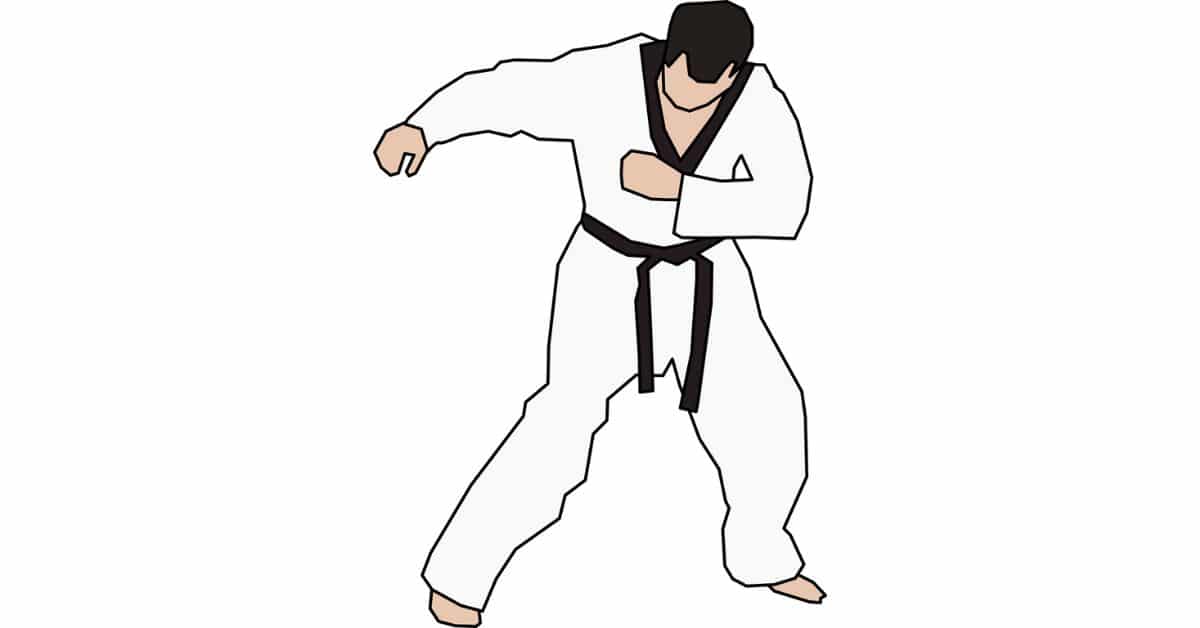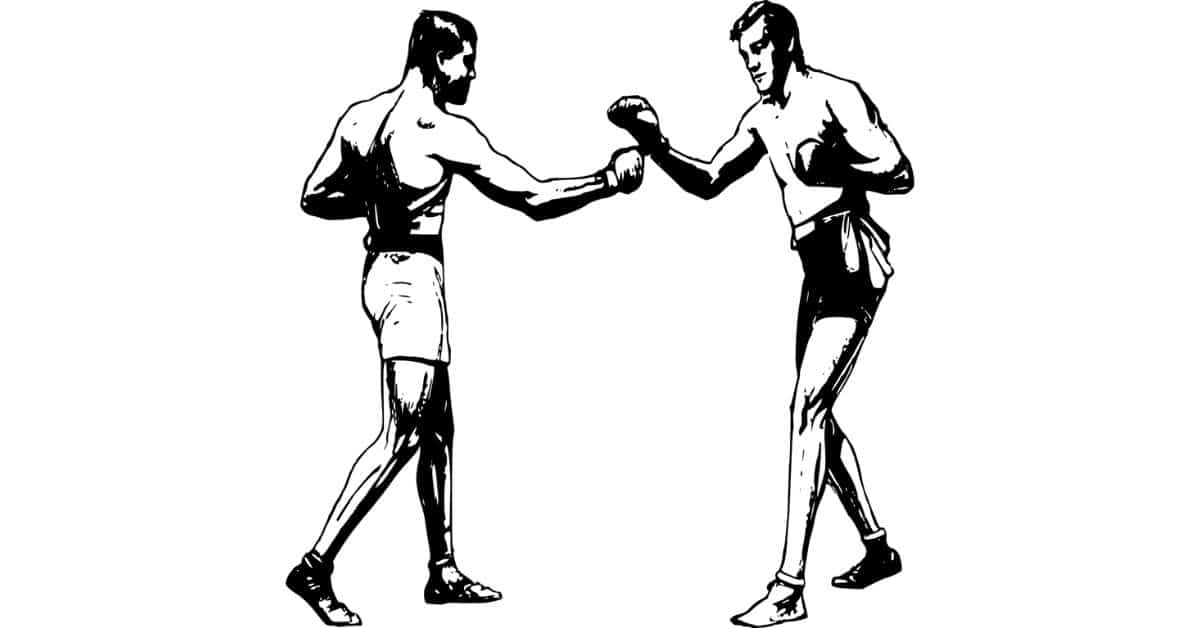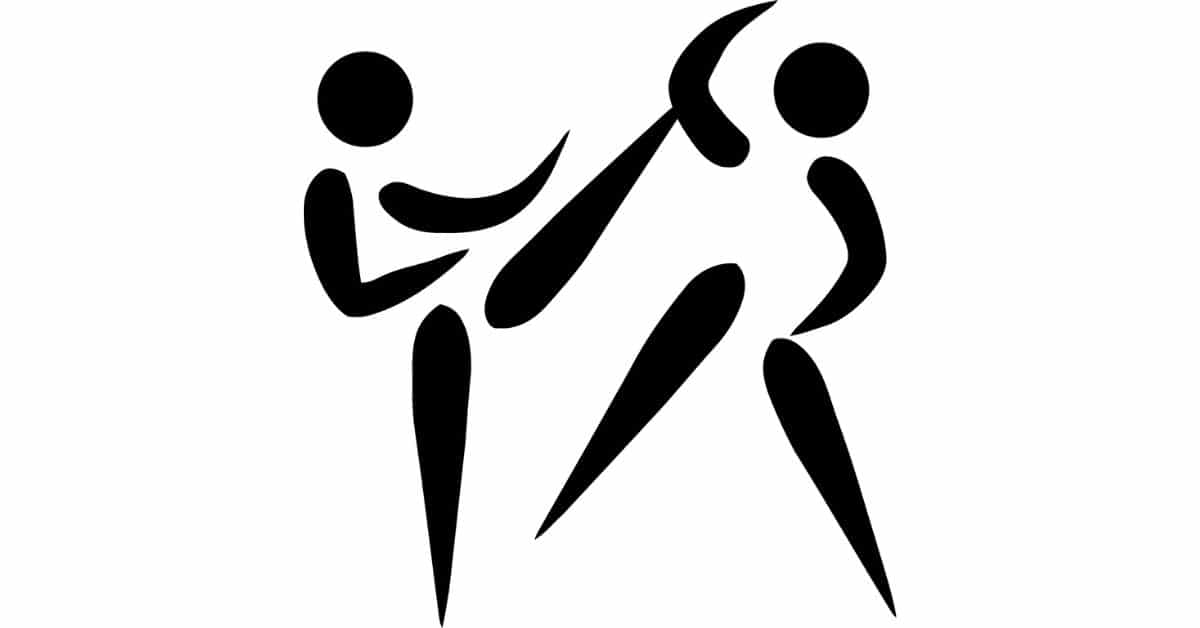Training in martial arts can be exhausting. Many folks quit before they see the first batch of results that would motivate them to continue showing up to training. BJJ is no different. If you want to notice results sooner, you must progress as quickly as possible. Here are some tips that’ll help you.
- Train up to 3-times a week
- Show up earlier to training
- Enjoy the learning process
- Set small milestones
- Don’t expect to see results
- Ask as many questions as you have
- Understand the numerous mental and physical benefits you can get
Following these tips will allow you to progress faster in BJJ. As a result, you’ll notice results flowing sooner, and they’ll motivate you to stay consistent. Thus the cycle of motivation and results continuously happens.
This article will expand each tip to give you as much information as possible. However, it’ll be best if you have the primary goal to progress as fast as possible. That way, you’ll notice results and progression more quickly, and the cycle of motivation continues.
I’ve had difficulties with my martial arts training since I wasn’t familiar with these tips. Consequently, implementing these guidelines will aid if you’re interested in seeing results sooner.
#1- Train up to 3-times a week
The correlation between the number of times you train per week and the results you notice has a limit. Because of that, knowing this limit- will allow you to structure your training routine better.
Avoiding a state of over-training will allow you to progress faster. The primary process you should follow is to train on non-consecutive days. As a result, your body will have enough time to recover, and you’ll advance quicker than if you were over-training.
Because of that, the limit is 3-times per week. Frankly, that’s too much to stick with in the long term. However, if you desire to learn as fast as possible for any reason, you could follow the non-consecutive days’ rule.
Nonetheless, if you decide to overrule it and not let your body recover before beginning the following training session, here are some symptoms you’ll start to experience.
Lifestyle-related signs of overtraining (Source)
- Prolonged general fatigue.
- Increase in tension, depression, anger, or confusion.
- Inability to relax.
- Poor-quality sleep.
- Lack of energy, decreased motivation, moodiness.
- Not feeling joy from things that were once enjoyable.
As you can already tell, these symptoms are severe and can cause extreme consequences. However, you can avoid them by letting your body fully recover before starting your following session. First, begin listening to your body; it’ll force you to pay attention.
#2- Show up earlier to training
When I was in my Krav Maga 14-months course, I implemented a rule with myself; before every training session, I would show up 15-minutes earlier and talk with anyone there. If nobody were there, I would stretch and relax before the session.
If you show up early to training, you’ll immediately change your mindset from, “Oh, I must train”; to “I want to train so I can progress.” This change in attitude may be the difference between advancing faster through the drills and abilities than not progressing.

Try to implement this in your school. If it doesn’t help, you can always return to your previous habits. Still, even stretching before the training begins- will help you to avoid injuries and progress faster.
#3- Enjoy the learning process
One of the signs that a person is about to quit training is a rapid change in moods. If you’re unwilling to show up to training, you won’t enjoy training as much. Thus progressing will be a burden. However, a single trick will make a difference; let’s see what it is.
The trick is to enjoy the learning process. You’ll be solid if you can force yourself to enjoy the appealing parts of training. Nonetheless, your mindset will follow if you treat training as a burden. As a result, you won’t be eager to learn and progress.
However, if you’re trying to enjoy the learning process and can’t do so, consider learning another martial art. Because of that, I wrote an article on the best martial arts you should study. I encourage reading it if you have yet to make your choice.
#4- Set small milestones
In my boxing training, I was discouraged because I wanted to compete. However, I wasn’t at the level of doing so. As a result, I became frustrated the more I attended the training. Honestly, I realized I’m not at a sufficient level to compete, and thus I’m not good enough.
Setting small milestones will assist you in achieving success more often. As a result, the motivation and results cycle will begin to fire. Consequently, you’ll have more motivation than ever to train. That way, you’ll progress faster and see more results and benefits.
One of the better benefits one can expect is the ability to use the techniques for self-defense. That alone will motivate you for the rest of your training. However, if you aim too high, you’ll reach nowhere.
Picture the following scenario; you begin your first training session to compete in Jiu-Jitsu. Soon enough, you notice you’re not progressing as fast as you first thought. Because of that, you seem to have a difficult time motivating yourself.
Instead, you could set a goal of reaching the next belt. For example, if you’re a white belt, your goal should be to learn the basics. Following that, you’ll change your pursuit to reaching a blue belt. Eventually, you’ll earn a level where you can compete. Now, you got your ultimate goal.
#5- Don’t expect to see results
Everything you do in life begins with a phase I like to name the ghost town phase. First, it’s when you invest an incredible amount of effort- only not to see any results. Then, surprisingly (not really), it’s when most people quit.
Lowering your return expectations will be best if you want to be more motivated and progress faster. In the first phase, you won’t reach any concrete results. Yet, you’ll be dedicating yourself to training and showing up every time. If you expect results, you’ll end up quitting.

I didn’t yield any concrete results in my Krav Maga course. However, once I advanced, motivation seemed to flow naturally. Consequently, the action, results, and motivation cycle fired up.
#6- Ask as many questions as you have
If you’re going over a drill and unsure what you should do, consider asking a question. If you don’t, you won’t learn as much. Hence it becomes more difficult for you to progress.
Nonetheless, if you don’t stop yourself from understanding the training process, you’ll comprehend the drill better. As a result, you’ll progress faster than if you didn’t ask the question.
#7- Understand the numerous mental and physical benefits you can get
Thus far, I mentioned that you shouldn’t expect any results. Yet, that seems empty and unenjoyable. Because of that, knowing your end goal- may assist you in keeping yourself motivated.
BJJ provides numerous mental and physical benefits, such as increased confidence, self-esteem, and better physical shape. As a result, one’s well-being will improve in correlation with how dedicated you are. Thus to progress faster, it’ll be best if you commit to training.
“All participants initially displayed symptoms of PTSD, which significantly reduced over the course of the study. Participants report that the therapeutic benefits of BJJ practice include assertiveness, self-confidence, self-control, patience, empathy, empowerment, improved sleep, and mindfulness.”
Source
From the study, we can understand that if we were to begin training today, we would notice these benefits at some point. Regardless, you shouldn’t expect to notice them, as the ghost town phase will come fiercely. However, know that achieving such results- is possible.
How long does it take to progress in BJJ?
Eventually, everyone is different. For instance, while I’ll notice results after a month, you’ll do so in 2-weeks. Because of that, putting a number to this question is obscure. First, however, let’s discuss another aspect of this question.
It takes anywhere from 2-weeks to a few months to notice concrete results in BJJ. However, this number varies depending on what you reckon as the results. Secondly, how dedicated you are to training. And finally, how many times a week are you training.
All of these aspects will increase/decrease the number of time it’ll take to notice concrete results. For example, I was stoked in my training when my body was sore the day after. Consequently, I reckoned this as a better physical shape, one of the benefits.
Is it hard to get a blue belt in Jiu-Jitsu?
The beginning is the most challenging since you have no previous experience. But then, all you have is others telling you it’s worth it. I’m one of these others. But, if I were to tell you that you’ll notice results, you might still quit. So, is it hard to get a blue belt in Jiu-Jitsu?
Getting a blue belt in Jiu-Jitsu is demanding since it’s the beginning. As a result, it’s when you most get discouraged. For instance, if you don’t notice any results after a month of tough training, you’ll be frustrated with training and thus may be closer to the verge of quitting.
Final words
BJJ is a fantastic martial art that everyone can benefit from doing. Therefore, one can expect to receive various mental and physical benefits. For instance, Jiu-Jitsu trainees may have better self-esteem since they overcame various obstacles.
Progressing in BJJ is difficult. For that reason, I listed 7-tips that helped me when I was a novice at martial arts. I encourage you to implement these tips into your training life, as you may find them helpful.
If you read thus far, you may be interested in reading an article I wrote on the 5-reasons you should learn BJJ.

